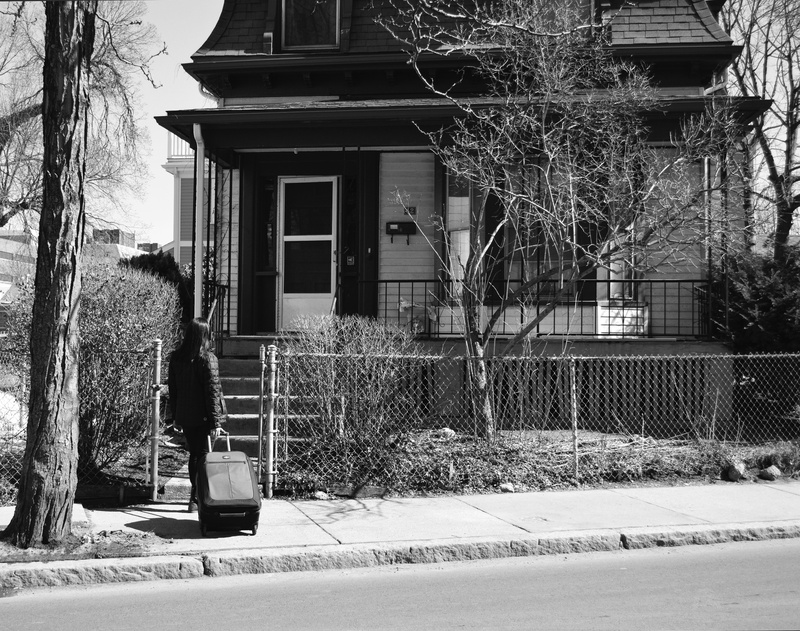This is part II in a three-part series. Part I ran in The Crimson’s Commencement Year in Review issue last May and was reprinted on April 28. Part III ran on April 30.
Before Ella took a leave of absence from Harvard, she struggled with the pace of undergraduate life, so much so that she was hospitalized to recover from suicidal thoughts.
“Going to college, I was like a chicken with my head cut off,” said Ella, whose name has been changed due to the sensitive nature of this subject. “I made a four-year plan for every single concentration because at some point I considered being in every single concentration.”
By the time Ella settled on a concentration her sophomore fall, she hated the work that she was doing. After finding herself in a bed at McLean Hospital, she made the decision to take time off from being a Harvard student and go home.
Just like many of her peers who take time off, Ella returned from a year at home feeling grounded and ready to tackle Harvard life once more.
“I knew who I was—I know it’s cliche—but that helped me figure out what I wanted to do,” she said.
The process by which students take leaves of absence from the College for mental health reasons involves complex decision-making, often after missing assignment deadlines, taking on an overwhelming workload, or even being involuntarily hospitalized.
For most, taking time off allows them to heal in an environment removed from the chaos of Harvard life and return to campus, while, for others, the initial leave turns permanent. Across the board, however, students balance the benefits of time spent beyond the Harvard bubble with the pressures of University requirements and bouts of loneliness as their peers continue to go to school.
ON LEAVE FROM CAMPUS, AND UHS
From the Bureau of Study Council to University Health Services, Harvard often boasts of the range of mental health services it provides to its student body. Yet, students say, when these offerings fall short, students often take leaves of absence and seek some form of professional treatment without any of the financial or medical resources available to their peers on campus.
The Administrative Board bases its decision about whether or not to allow a student to return to campus solely on the input of UHS, which typically asks the student to demonstrate a “period of stability” and regular medical treatment, according to Secretary of the Administrative Board John “Jay” L. Ellison.
While Harvard effectively requires all students to seek out this treatment during their time off, after a brief transition, the University does little to ensure that students away from campus have access to the highest quality care.
Enrolled students can be treated under the school-wide insurance policy, yet UHS does not provide students on leave with direct support services, according to a joint statement by Director of Harvard University Health Services Paul J. Barreira and Chief of Student Mental Health Services Katherine A. Lapierre.
For students with financial constraints, the cost of required therapy can present a significant burden in the midst of the difficult process of recovering from mental health problems.
“I think the whole process is kind of insensitive to low-income students,” said Kate, who did not have health insurance when she took a leave of absence last year. Kate’s name, as well as those of several other students quoted in this story, has been changed due to the sensitive nature of the subject.
Read more in College News
Students Organize International 'Mobs' To Raise Awareness of Malaria













